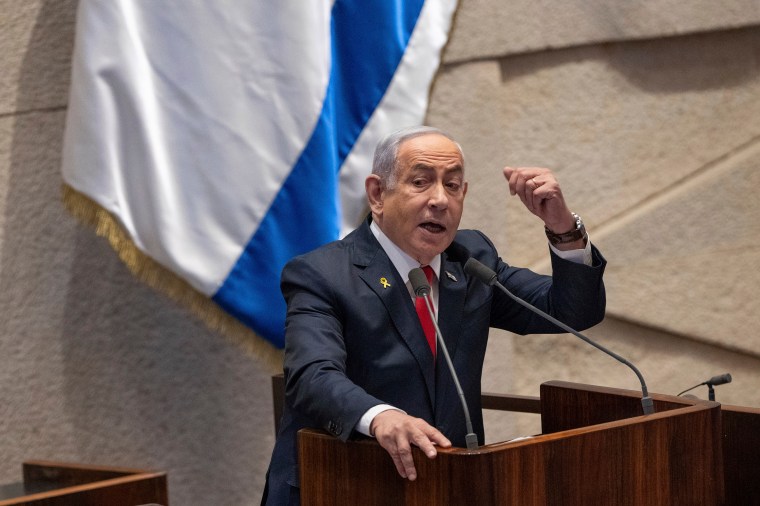New York, November 25, 2024—The Committee to Protect Journalists calls on Israel to end its sanctions against Israel’s Haaretz newspaper — the latest in the government’s efforts to stifle independent reporting of its war in Gaza.
“We deplore the Israeli government’s attempt to silence a respected Israeli outlet like Haaretz by hurting their advertising and subscription revenue,” said CPJ CEO Jodie Ginsberg. “Israel’s increasing deployment of restrictions on critical media is further disturbing evidence of its efforts to prevent coverage of its actions in Gaza.”
On Sunday, November 24, Israel’s government unanimously approved a proposal by Communications Minister Shlomo Karhi to cease all government advertising and communications with Israel’s oldest print newspaper.
Karhi proposed the boycott on October 31 as some ministries suspended ties with Haaretz in response to comments by the newspaper’s publisher Amos Schocken, who called for sanctions against Israel, which he described as imposing a “cruel apartheid regime” on Palestinians.
Schocken was also criticized for referring to Palestinian “freedom fighters.” He has since clarified his use of the term, saying, “freedom fighters, who also resort to terror tactics — which must be combated. The use of terror is not legitimate.”
On November 4, the newspaper published an editorial distancing itself from Schocken’s remarks.
Karhi said on November 24 that the publisher of a newspaper could not call for sanctions against Israel and “support the enemies of the state in the midst of a war” and still receive government funding.
“We advocate a free press and freedom of expression, but also the freedom of the government to decide not to fund incitement against the State of Israel,” he said.
Haaretz has described the move as an attempt to “silence a critical, independent newspaper.”
